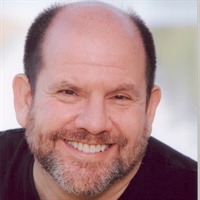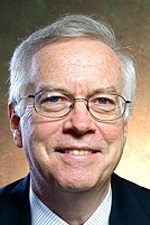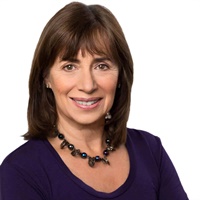CC21 Panel 03 - Couple Sensitive Individual Therapy : The Interface Between Couples and Individual Therapy - Stan Tatkin, PsyD; William Doherty, PhD; Ellyn Bader, PhD
Credit Available - See Credits tab below.
Total Credits: 1 including 1 A.P.A.
- Average Rating:
- Not yet rated
- Topic Areas:
- Couples Therapy | Therapist Development | Topical Panels
- Categories:
- Couples Conference | Couples Conference 2021 | Online Continuing Education | Pioneers in Couples and Family Therapy
- Faculty:
- Stan Tatkin, PsyD, MFT | William Doherty, PhD | Ellyn Bader, PhD
- Course Levels:
- Master Degree or Higher in Health-Related Field
- Duration:
- 1:00:44
- Format:
- Audio and Video
- Original Program Date:
- Jun 06, 2021
- License:
- Never Expires.
Description
Description: The panel examines the intricate dynamics between individual and couples therapy, revealing potential pitfalls in therapeutic approaches. Experts discuss how individual therapists can unintentionally harm relationships, with research showing many diagnose unseen partners and suggest relationships are irreparable. The discussion emphasizes collaboration, systemic understanding, and the importance of communication between therapists to support couples effectively.
Syllabus Description: Issues in individual therapy can affect primary relationships. Therapists should be sensitive to such issues.
Educational Objectives:
- Describe three ways therapists handle the dilemma of working with individual partners in couples therapy.
- Describe 3 ways therapists can approach an individual patient who has couples concerns.
- Indicate how a couple can be empowered even when therapy is with an individual.
*Sessions may be edited for content and to preserve confidentiality*
Credits
1 credits available.
The Milton H. Erickson Foundation, Inc. is approved by the American Psychological Association to sponsor continuing education for psychologists. The Milton H. Erickson Foundation, Inc. maintains responsibility for this program and its content.
THE MILTON H. ERICKSON FOUNDATION Policy on Disclosure
The Milton H. Erickson Foundation is proud of the conferences and other
educational opportunities it sponsors, taking care that the conduct of
these activities conforms to the standards and principles of behavioral
and medical sciences, thus ensuring balance, independence, objectivity
and scientific rigor in all individually sponsored or jointly sponsored educational
activities.
All faculty members participating in a sponsored activity, and those who
review and therefore are in control of content, are requested to disclose
any relevant financial relationship prior to the CME activity, including but
not limited to specific commercial interests, financial remuneration received
by faculty member or spouse, and what role or activity was performed
for this remuneration. If a conflict of interest exists as a result of
a financial relationship it will be resolved prior to the activity. A faculty
member will not be allowed to present if the conflict is not or cannot be
resolved.
Handouts
| Timestamped Transcript (1009.7 KB) | 24 Pages | Available after Purchase |
| Ericksonian Learning Snapshot (251.2 KB) | 2 Pages | Available after Purchase |
Faculty

Stan Tatkin, PsyD, MFT Related Seminars and Products
Stan Tatkin, PsyD, MFT, is a clinician, researcher, teacher, and developer of A Psychobiological Approach to Couple Therapy (PACT®). He has a clinical practice in Calabasas, CA, where he has specialized for the last 15 years in working with couples and individuals who wish to be in relationships. He and his wife, Tracey Boldemann-Tatkin, developed the PACT Institute for the purpose of training other psychotherapists to use this method in their clinical practice.

William Doherty, PhD Related Seminars and Products
William J. Doherty is an educator, researcher, therapist, speaker, author, consultant, and community organizer. He is Professor and Director of the Marriage and Family Therapy Program in the Department of Family Social Science, College of Education and Human Development, at the University of Minnesota, where he is also an adjunct Professor in the Department of Family Medicine and Community Health.

Ellyn Bader, PhD Related Seminars and Products
Ellyn Bader, PhD, is a founder and director of The Couples Institute in Menlo Park, California. As a clinical psychologist, workshop leader, author, and speaker, she is dedicated to helping couples create extraordinary relationships. Over the past 30 years she has trained therapists in couples therapy throughout the United States as well as Europe, Asia, South America, and Australia. She served as a Clinical Faculty in Stanford University School of Medicine for 8 years.


